Scepticism finds no substance when we say that startups are the ones stealing the limelight in the twenty-first century.
We are surrounded by startups and if you follow the news, you must have formed an image of a startup as a group of guys who started an incredibly innovative business in their garage with some groundbreaking business strategy. But this is just a cinematic view of startups.
A real startup is totally different from the one you have in your mind.
What Is A Startup?
A startup is a high-growth fuelled business structure powered by disruptive innovation, created to solve a problem by delivering a new offering under conditions of extreme uncertainty.
Precisely, a startup is a business that
- Grows fast,
- Disrupts the market or industry,
- Solves a problem, and
- Operates under extreme uncertainty.
Many entrepreneurs and renowned business magnates define a startup as a culture and a mentality of building a business upon an innovative idea to solve critical pain points.
Paul Graham, the founder of Y Combinator, has further simplified the definition of the startup and associated it with growth. According to him-
A startup is a company designed to grow fast. Being newly founded does not in itself make a company a startup. Nor is it necessary for a startup to work on technology, or take venture funding, or have some sort of “exit.” The only essential thing is growth. Everything else we associate with startups follows from growth.
Therefore, the key points to note while categorizing a business as a startup are:
Growth-Fueled
That difference is why there’s a distinct word, “startup,” for companies designed to grow fast. If all companies were essentially similar, but some through luck or the efforts of their founders ended up growing very fast, we wouldn’t need a separate word. We could just talk about super-successful companies and less successful ones. But in fact startups do have a different sort of DNA from other businesses. Google is not just a barbershop whose founders were unusually lucky and hard-working. Google was different from the beginning. – Paul Graham
One thing that differentiates startups from other businesses is the relationship between their product and its demand. Startups have products that target a largely untapped market. Startup entrepreneurs know the perfect strategy to create a product what the market wants and to reach and serve all of them. This triggers fast growth.
Business Structure
A startup is a registered business entity. Any unregistered entity is just a work in progress or just an idea. A startup has an organisational structure no matter how horizontal it may be, has employees on payrolls, and have shares divided among shareholders.
Disruptive Innovation
A new business is considered a startup if, through its product or service, it uncovers a new source of utility for its customers. Nevertheless, disruptive innovation isn’t limited to the product or service offered. Many startups don’t innovate in the product dimension at all, but they
- Provide an existing product through different innovative channels (e.g. e-commerce)
- Devise a similar business model with added value
- Become an aggregator of existing products and services
- Target new markets with existing products or services
Uncertainty
Innovation is a risky process. There are many internal and external factors that affect the fate of the startup. Since most startups don’t build their business model on existing market demand, their survival, in the long run, is uncertain.
Problem Solving
The context in which the innovation happens is what separates a startup from a small business. The problem can be existing or can be induced. Remember how the demand for packaged drinking water was created by convincing people about the dangers of drinking regular tap water?
What A Startup Isn’t?
The best way to determine if a company is a startup is to compare it with those which aren’t. That being said, we’ve come up with a pragmatic approach to categorise a business as ‘not a startup‘. The categories include:
Business Model
Startups are known to have unconventional and unripe business models. The demand for their product is still at a nascent stage, making their business model a work in progress where there is still scope for many new revenue streams.
There are many new companies that start up with copied business models or as a franchise. These companies aren’t categorised as startups.
Product Stage
The product or service the startup deals in is still in the introduction or nascent stage of its lifecycle. Many new companies procure or deal with some existing products in the market. These companies aren’t considered startups unless they innovate in other channels of the business.
Employee count
A startup usually doesn’t have more than 100 employees. But this aspect can’t be used solely to categorise a business as a startup.
Business age
This is one of the most debated characteristics of a startup. According to the Indian government, if a company is in business for more than 5 years, it isn’t a startup anymore.
Revenue
A startup isn’t a startup anymore if it has reached a point where its turnover is more than $50 million.
How Do Startups Work?
A startup works just like any other business. It creates, manufactures, and sells products or services for revenue. But there are some differences in how it works compared to traditional businesses:
- Startups innovate the way people live and do tasks: These companies are often found attacking the problems that people don’t know they have. Before Uber, there were no easy alternatives to booking a cab. And before Airbnb, nobody knew how awesome it could be to open their house to complete strangers! This way, startups create new markets for themselves.
- Startups can be cash negative for years: It can take years for a startup to cash positive. This is because startups spend most of their revenue to grow further and increase the demand for their product. Moreover, creating a new market requires a lot of time and effort. For quite some time, startups need to spend more than what they can potentially generate as revenue.
- Startups work on lean principles: Unlike traditional companies, startups work on lean principles. These companies use the minimum amount of resources possible to achieve their goals in this uncertain market. They have limited capital, fewer employees, and often just an idea that they are trying to validate in the market.
- Startups face less competition: Since startups are usually the first ones in their business to attack a problem, they don’t face much competition initially. They get the first mover’s advantage which allows them to acquire all the market share available in that particular niche.
- Startups are built to scale: Startups grow rapidly and often see a hockey stick growth graph. This is because they build their business model to get as many customers as possible. They can scale their businesses with the amount of money they generate.
- Startups grow at a remarkable speed: Since they are the first to the market, startups grow rapidly. They can grow from nothing to a multi-billion dollar market within a very short span of time.
- Startups look for business model validation: This is one of the major differences between a startup and a traditional business. In an established market, it’s easy to validate demand for a product by simply looking at its sales numbers. But this is not the case with startups. These companies are often found experimenting on different business models to see how they can acquire new customers and make their existing customers buy more of what they sell.
Advantages of Startups
Startups have many advantages which traditional businesses can’t offer:
- Startups bring in new solutions: Startups bring in solutions to problems that people don’t know they have. This is a huge advantage over a traditional business that only knows how to deal with existing markets.
- Startups are agile: Since startups work on lean principles, they move quickly and adapt better to the ever-changing market scenario. They can use their agility to make quick decisions and pivot in their businesses when the need arises.
- People grow more when they work with startups: Since startups operate in uncertain markets that grow at an alarming rate, people working with these companies tend to grow fast. They get opportunities to learn new skills and tackle problems that are more challenging than working with a traditional company.
- Startups fuel the economy’s growth: Since startups add a fresh perspective to the ever-changing market, they fuel economic growth. They bring in new solutions, create jobs and mass opportunities that the traditional companies can’t offer.
- Startups have less competition: Since creating a new market takes time and effort, not many players want to join this ‘race’. This gives the first movers an edge over their competitors.
Disadvantages Of Startups
Even though startups come with many advantages, they also have some disadvantages:
- Startups are risky: Since startups work in uncertain markets, they come with a lot of risks. There is no guarantee that these companies will succeed, and many startups fail as well.
- Startups don’t have much capital: Traditional businesses usually have a lot of capital to spend on research and development as well as distribution channels. But since startups work in new markets where they need to prove their mettle before expanding, they often lack the necessary capital.
- Startups take time to get off the ground: Successful startups usually take a lot of time before they can achieve profitability. Since these companies work in uncertain markets, it takes them a long time to build sustainable business models which can generate sufficient revenues.
- Working in a startup can be stressful: Since startups grow at a rapid pace, there is always a lot of work to do. This can result in increased stress levels in employees who are working long hours with no breaks.
Startup Life Stages
Every startup goes through a roller coaster ride of ups and downs. Since this is a new concept, it takes a while for the market to get used to the idea. This can result in a lot of hardships for the startups who are trying to make their businesses work in this environment.
Here’s how every startup goes through each stage:
- Idea Stage – This is where the founders have an idea about a product they want to build and start looking for people who can help them realise this vision. They pitch their idea, gain support from investors or mentors, and hire employees with the required skill sets.
- Testing Stage – Since startups are trying to make something new, they need to test their ideas before they can launch their product. This is done by developing an MVP and testing it among the target audience. If there is no market for this idea, then the company either pivots their idea or shuts shop.
- Growth Stage – When startups prove that there is a market for their product, they start scaling up their business so that they can meet growing user demands.
- Maturity Stage – Once startups have successfully reached the right number of users and product-market fit, they enter into this growth stage where they are expected to grow big enough for an exit or initial public offering (IPO). This is where a lot of competitors emerge and startups need to find new ways to constantly innovate and differentiate their products from the others.
Where Do Startups Get Their Money?
The startup terminology often comes with other terms like bootstrapping, funding, angel investors, venture capitalists and so on. All these comprise startup financials.
Usually, in the initial stages, founders are the ones who fund their startups with savings, debt etc. This is called bootstrapping.
Founders usually stick to bootstrapping till they have validated the problem-solution fit, product-market fit, and other hypotheses that may help them secure their initial funding from outside investors.
At this stage, startups usually get help from friends, family and special organisations called incubators. Incubators are designed to help startups get off the ground with all the initial support that they need. This includes access to mentors, office space, and other resources that can help them reach their goals.
The initial funding round, once the idea is converted into business, is called the seed round. The seed round takes care of the initial operations like hiring employees, developing the product and acquiring the users.
Usually, accelerators and angel investors fund the startup in its seed round.
Accelerators are like incubators, but they work for short durations and mentor the startups intensively. Besides this, they also provide seed funding to startups which they can use for the initial marketing efforts.
Angel Investors are high net-worth individuals who invest their personal wealth in promising companies.
Once the startup has proven its mettle and is ready for expansion, it reaches out to venture capitalists who help them secure more funds and provide strategic advice as well in the next funding rounds called Series A, B, C, and so on.
A lot of VCs exist on the lookout for startups that can be turned into big businesses. These investors usually put money in multiple startups at the same time with the aim of obtaining significant returns when they exit.
There are instances where startups get acquired even before hitting the growth stage, whereas some manage to grow big enough for an IPO.
This stage is called an exit. It can be either through an IPO (when the company is listed publicly on stock exchanges) or through an acquisition. This is where the investors make money because they own shares of the company.
How Startup Valuation Works?
Since startups don’t earn revenue during their initial years, they are valued based on the profitability of future earnings that each investor anticipates. So, startup valuation is totally based on factors like –
- Traction: The more traction a startup gets, the better value and valuation an investor can provide.
- Market: The industry and the size of the market plays a crucial role in deciding startup valuations.
- Reputation: Reputation of the founders and their experience also play important roles in influencing investor decisions.
- Uniqueness: A startup with an innovative idea is valued higher than startups with regular business models.
- Future Potential: A startup that has the potential to grow big in future is valued highly.
- Team: The strength of the team is another crucial factor that plays a key role in deciding startup valuations.
- KPIs: The performance of key metrics like user engagement, traffic etc. is considered when determining startup valuations.
- Proprietary Assets: Startups that have proprietary assets like patents, trademarks etc. are valued higher.
Besides this, investors also make use of certain valuation methods like Discounted Cash Flow Method, First Chicago Method, Comparables Method, and so on.
Bottom-Line?
Startups are a lot different from regular businesses. They are developed with a few goals in mind – to solve an existing problem, to create something out of nothing, and to change the way how things are done in present.
And while some startups fail to achieve these goals, some succeed and grow into highly successful businesses.
But this doesn’t mean that each startup receives huge funding to startups just upon pitching an idea.
At the end of the day, it all boils down to how much potential a startup has and whether its idea is scalable enough.
Go On, Tell Us What You Think!
Did we miss something? Come on! Tell us what you think about our article on What Is A Startup? in the comments section.
A startup consultant, digital marketer, traveller, and philomath. Aashish has worked with over 20 startups and successfully helped them ideate, raise money, and succeed. When not working, he can be found hiking, camping, and stargazing.
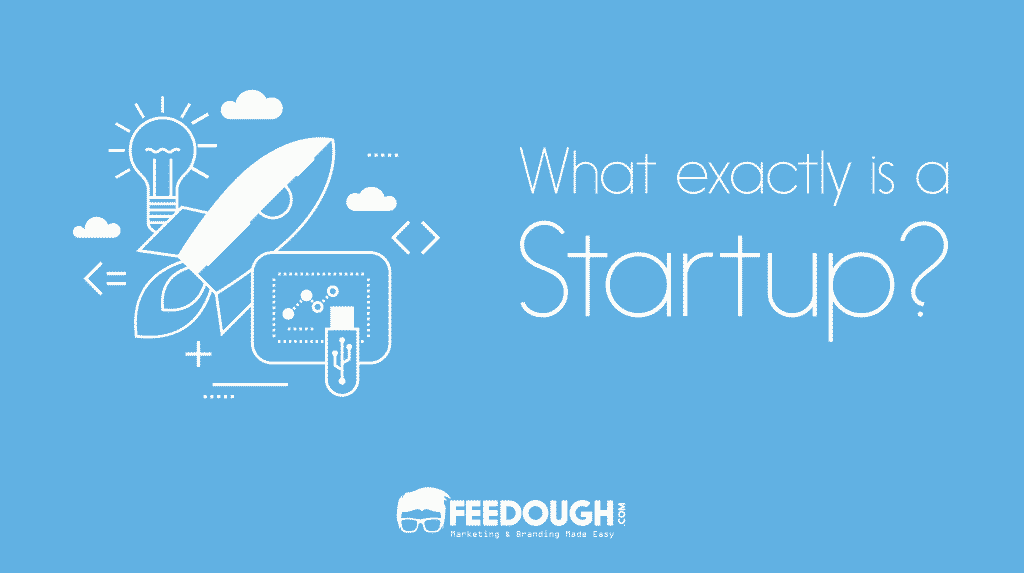

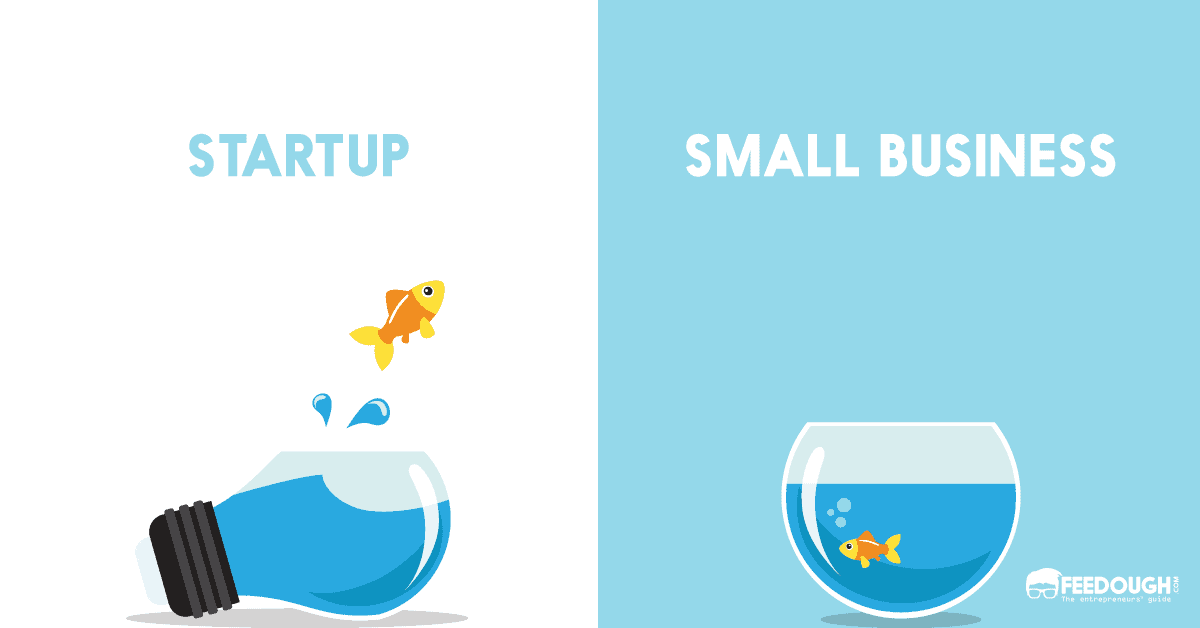
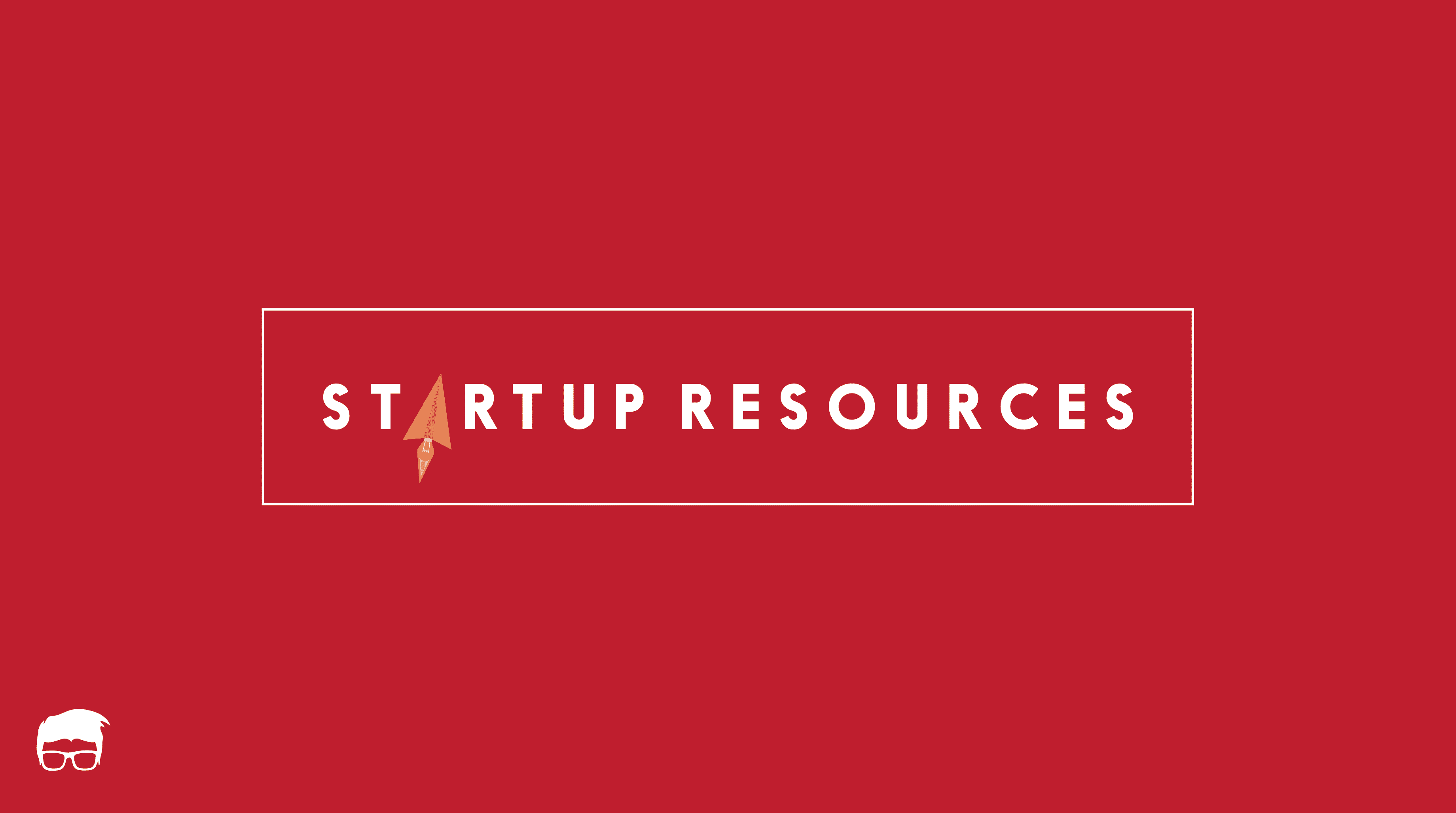
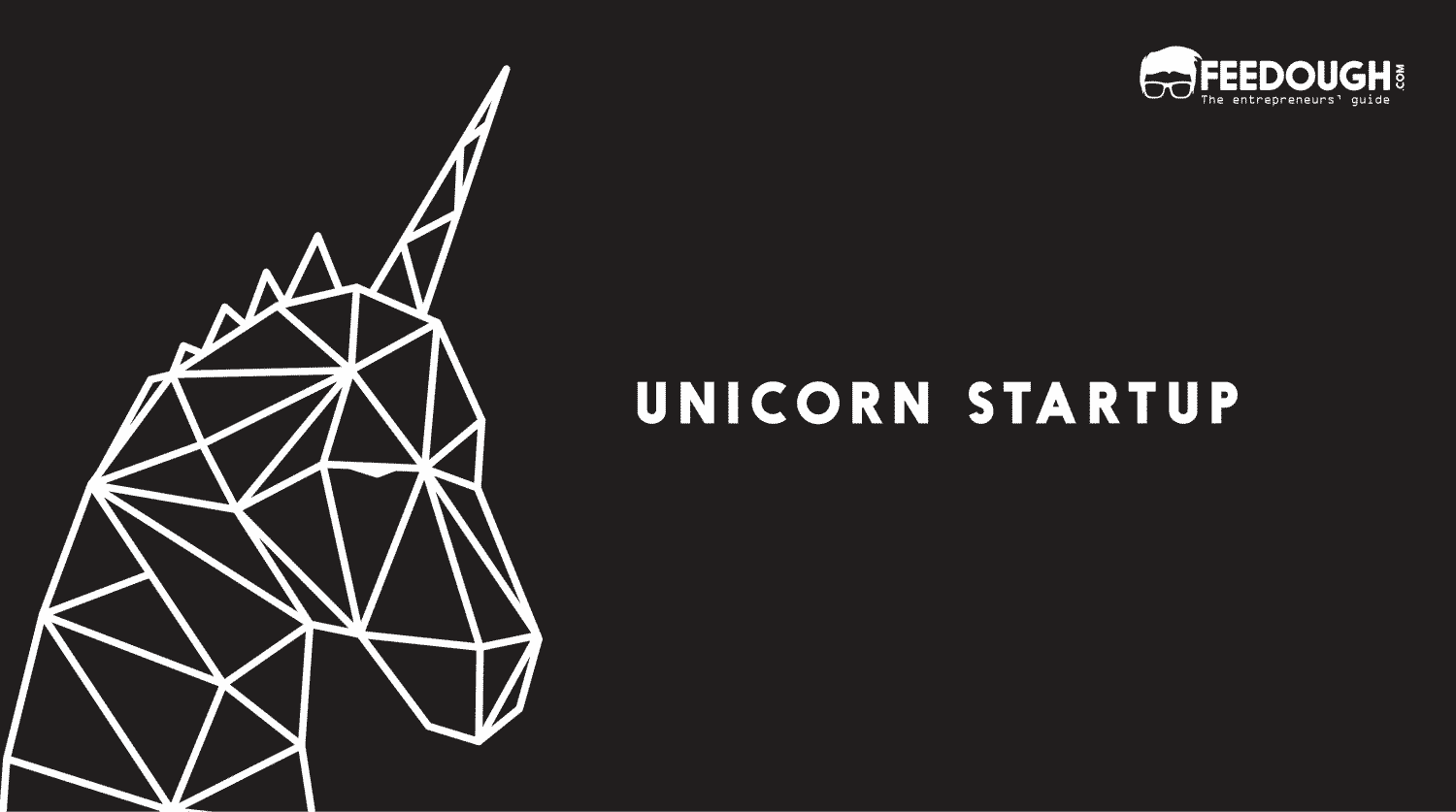
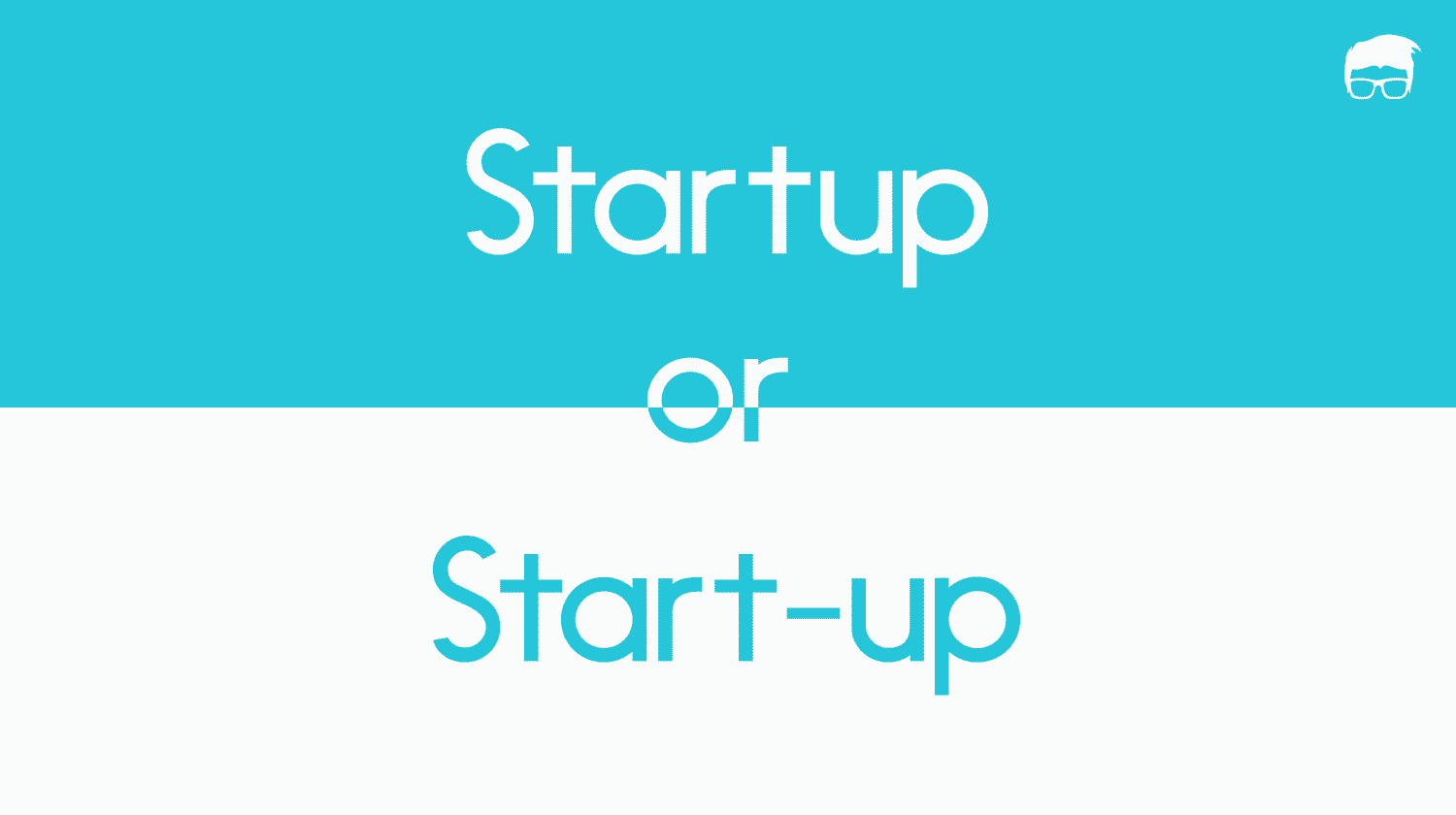

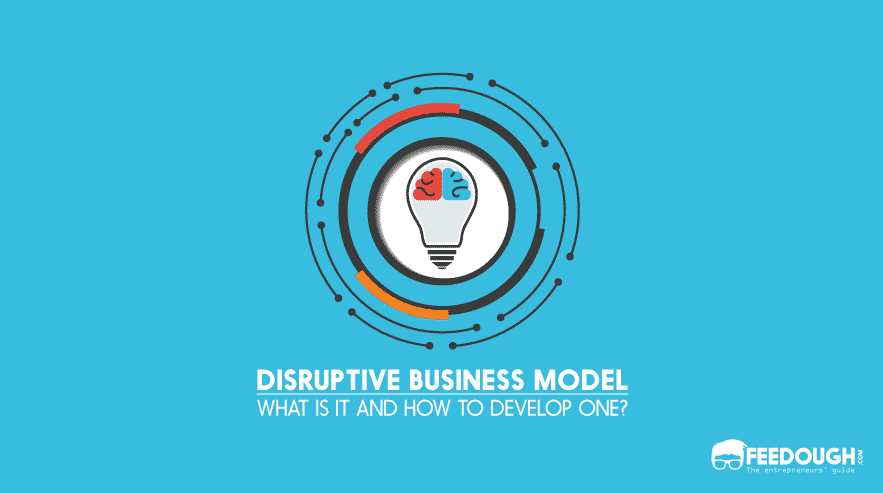
![How To Get Startup Funding [The Complete Guide] startup funding guide](https://www.feedough.com/wp-content/uploads/2022/08/startup-funding-guide.webp)